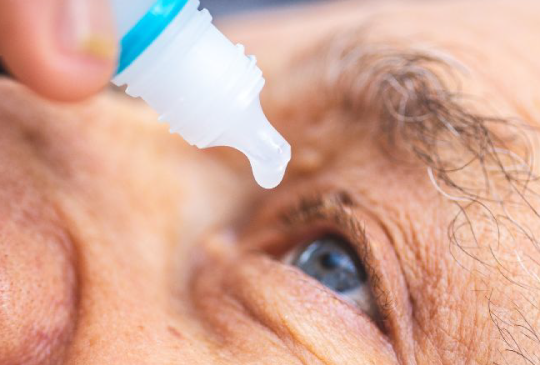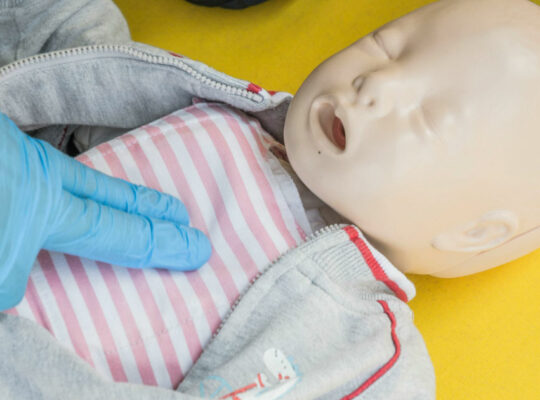We have touched on International Travel Safety on our blog before, but in recent months, travel has been more prevalent in the news, mainly with the concern of the Zika outbreak continuing to plague South America and the Olympics in Rio. There are many precautions that should be taken before, during, and even after your return to ensure that you have a safe and healthy trip. Many people view safety precautions while traveling as boring and even optional. However, these tips will help you get the most out of your trip and avoid terrible experiences!
Doing Research
Aside from the obvious packing, it is always good to do some health-related research about your destination. Doing research on any regional health risks is crucial for staying healthy throughout the duration of your trip. In some major destinations, it isn’t even safe to drink the water. This is not necessarily because it is dirty. Our foreign digestive systems are sometimes unequipped to break down the bacteria, causing digestive issues. Something as simple as not bringing water can change the trajectory of the trip.
Getting sick on a work trip or vacation can ruin your whole stay. If others have had issues digesting the water in the area, we recommend taking no risks. You will be happy that you packed water that you can digest, even if it feels like a waste of money.
Medical Check-up
It is always good to see a doctor before going out of the country as well. You may need vaccines or medicines to take with you, depending on the destination. Doctors also can offer insight into the health safety of a specific region and advise preventative measures. Keeping safe will allow you to enjoy your trip to its fullest! They could also advise you on how to construct a travel first aid kit.
While carrying some standard items that come in a first aid kit on a plane can be difficult due to security and customs, a travel first aid kit can be something as simple as any prescription medicines and some over-the-counter medicines such as a pain reliever, a motion sickness treatment, a cough suppressant, an antidiarrheal, and so on. The necessity of motion sickness medicine, cough relief, etc could change based on the environment of your destination. It is difficult to be prepared for everything that can go wrong, but with a doctor’s advice and some research on the region, you will have a good grasp of what to have to prepare yourself.
Depending on the reason for your travel, it may be wise to pack certain first aid materials. If you are going on vacation where you expect to be hiking, you should pack differently from a business trip. If you will be active at your destination, we recommend bringing a cold compress and a heating pad. This will help control swelling if you experience any injuries. For business trips, depending on the industry, sickness is more probable than injury. For this reason, you may want to pack more medicines.
Taking Caution
Being cautious throughout your trip is as important to your safety as the preparation is. Taking simple precautions to stay safe and using the knowledge acquired during your research can keep not only yourself but your traveling companions safe. You should also keep a pair of travel toothbrushes so that you don’t don’t forget hygiene while traveling. If you become sick on your trip, you may need to contact the U.S. Embassy of the country you are in. There is personnel in both the U.S. and abroad who are available to provide emergency aid 24/7. This could be for everything from a serious medical emergency to running a fever to being severely ill.
For further reading and help in the planning and preparation of your trip, visit CDC.gov.




